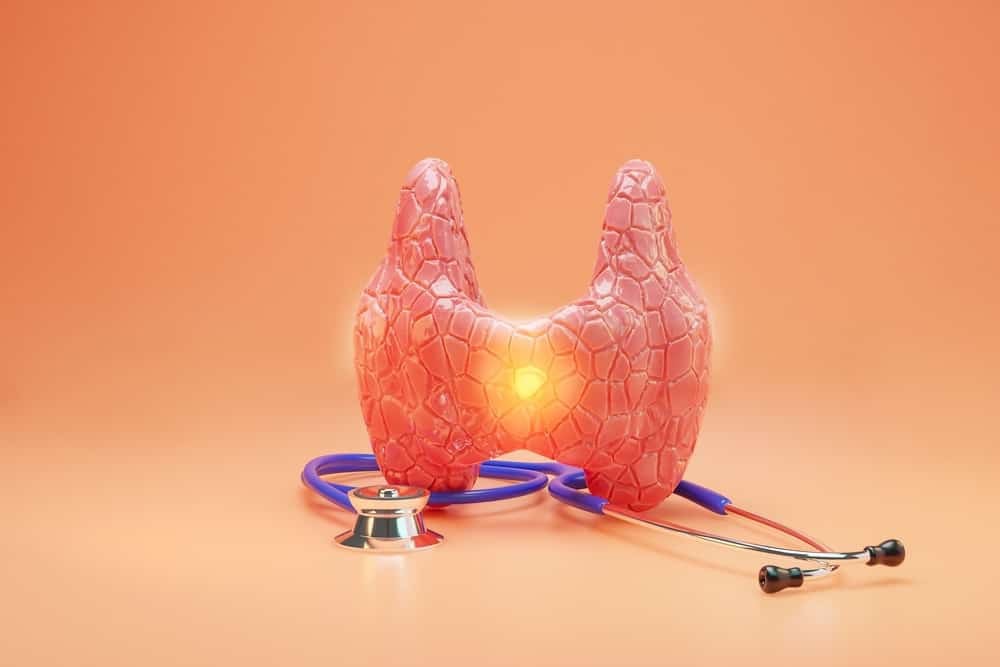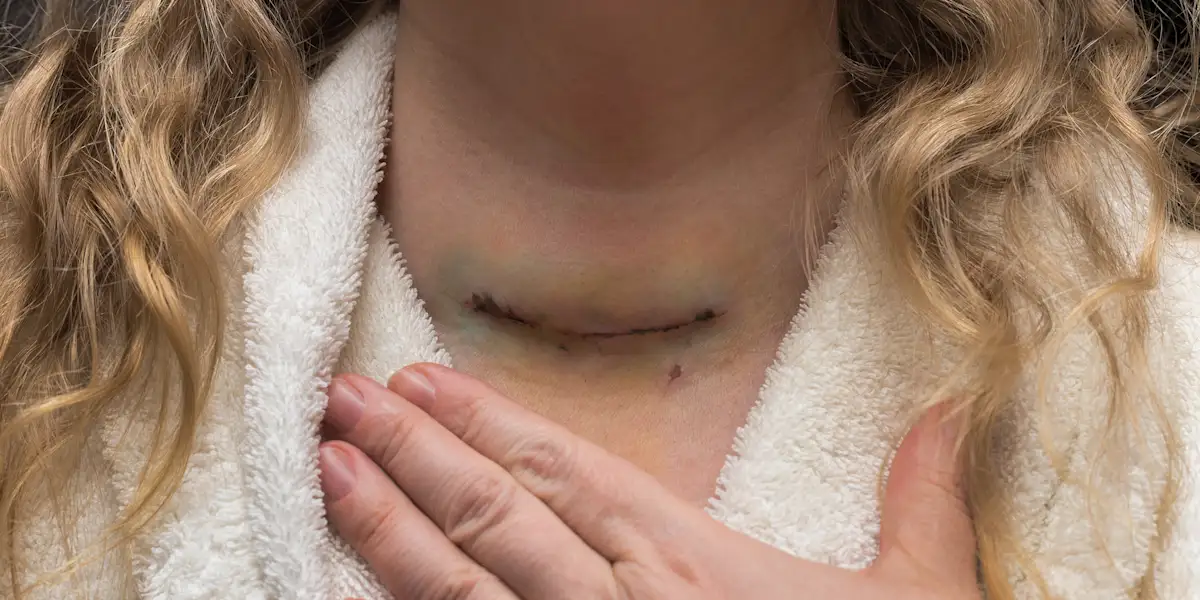Table of Contents
Thyroid surgery is a type of procedure that has become increasingly common in modern medical practice. It involves removing or adjusting thyroid tissue, depending on the individual’s indications and medical history.
The goal of any thyroid surgery is to improve symptoms associated with conditions such as hyperthyroidism, hypothyroidism, goiter, nodules, and more. In this article we will explore the different types of operations available for treating these conditions; their indications; how they are performed; and what kind of recovery time can be expected after surgery.
With thorough knowledge about all aspects of thyroid surgery, patients can make informed decisions about which treatment option best suits their needs.
Indications for Thyroid Surgery
Thyroid surgery, also known as thyroidectomy, is a common procedure that may be recommended by medical professionals when certain indications are present. These include benign or malignant tumors in the thyroid gland, an enlarged thyroid due to Graves’ disease, and nodules in the neck caused by Hashimoto’s thyroiditis. In some cases, people with hyperthyroidism may require surgery to remove part or all of the affected gland.
Surgery can also be used for diagnostic purposes if other tests have not been able to determine whether a lump on the neck is benign or cancerous. Furthermore, surgeries such as partial lobectomies might be recommended if there is evidence of recurrent laryngeal nerve damage from long-standing goiter growth.
Lastly, patients who do not respond positively to treatment with medications may opt for surgical intervention as well.
Procedures for Thyroid Surgery

Thyroid surgery is a major surgical procedure that requires careful preparation and execution. It may involve the removal of all or part of the thyroid gland, as well as lymph nodes in the area.
The specific procedure will depend on the individual patient’s condition and symptoms, so it is important to discuss with your doctor what kind of operation you are likely to undergo. Generally speaking, thyroid surgery begins with an incision made at the base of the neck to access and remove any affected parts of the thyroid gland.
This can include removing some or all of both lobes of the gland, as well as nearby lymph nodes if necessary. If radioactive iodine treatment is required after surgery, this will also be discussed beforehand by your doctor. Aftercare following thyroid surgery typically involves monitoring for signs such as pain or swelling at incision sites along with regular blood tests to assess hormone levels impacted by surgery.
Recovery time from thyroid surgery varies depending on individual health factors; however, most people experience full recovery within 4-6 weeks after their operation date
Recovery from Thyroid Surgery
Recovery from thyroid surgery is an important factor to consider when contemplating a procedure. The amount of time needed for full recovery can depend on the type and complexity of the operation, as well as individual differences in healing processes.
Generally, it is recommended that patients take at least two weeks off from work or school activities after their thyroid surgery to allow their body adequate time to heal. During this period, they should focus on rest while avoiding strenuous activities such as lifting heavy objects or engaging in vigorous exercise.
It is also important for patients to follow any specific instructions provided by their doctor regarding medication, wound care, and activity restrictions during this time. Additionally, many people experience some degree of neck discomfort following thyroid surgery; however, this usually subsides within a few days with proper treatment.
With diligent self-care and close monitoring by healthcare providers, most people can make a successful recovery from throat surgery without experiencing major complications down the road.
Conclusion

Thyroid surgery is a common and safe procedure to diagnose or treat thyroid-related disorders. It is performed by experienced surgeons who are well-versed in the indications, procedures, and recovery process that come with this delicate operation.
Understanding all of these elements can help patients make an informed decision regarding their health care and provide peace of mind about what to expect before, during, and after the procedure. In some cases, doctors may even recommend using a thyroid test kit at home for further evaluation before recommending surgery. Thyroid surgery can be a life-changing experience when done correctly; therefore it is important for those considering the option to seek out professionals knowledgeable on all aspects of treatment so they can get back on track as quickly as possible.

